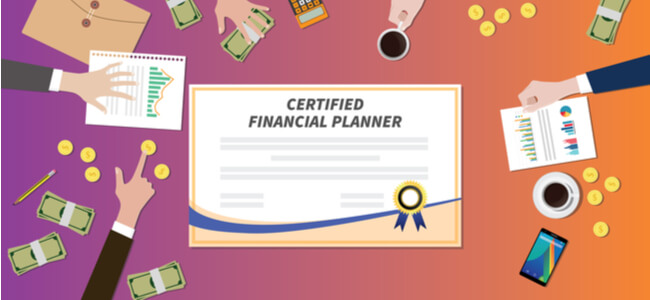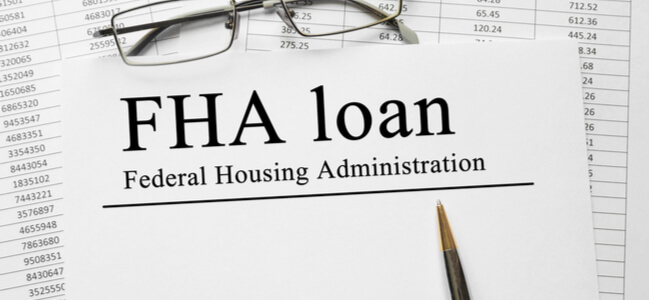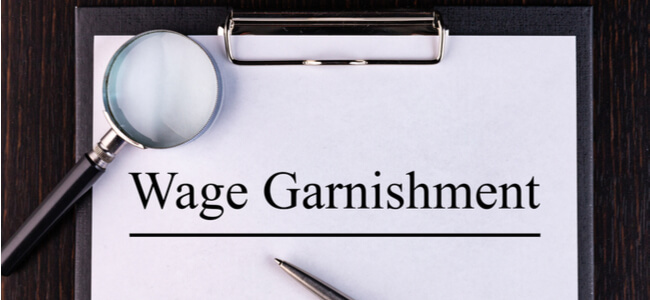Managing Your Mortgage During The Coronavirus Crisis

The coronavirus crisis is having a devastating impact on people’s health as well as economies around the world. Over 30 million Americans have filed for unemployment, and many more are doing so, as there seems to be no end in sight. The savings and retirement funds of many citizens are also at risk, with a growing concern among people who have mortgages that need paying every month.
In some good news, the federal government has placed a moratorium on foreclosures and evictions on properties backed by government-sponsored mortgage facilitators. They include the Federal Housing Administration (FHA) and Freddie Mac and Fannie Mae.
Federal regulators have also requested mortgage providers to lower mortgage payments and allow forbearance or deferrals to borrowers affected by the crisis. Local governments are also taking steps, asking banks to halt mortgage payments for borrowers for three months.
Let’s look at what other options there are to manage your mortgage during the current crisis.
How To Protect Yourself
The coronavirus pandemic has delivered an unprecedented hit to the US economy creating a great deal of uncertainty and anxiety. If you do not have a government backed mortgage, below are a number of steps you can take to protect yourself.
Contact Your Lender
Get in touch with your lender, who can advise you about the options you have. You may be able to apply for forbearance for one year. In this case, under these conditions, this will not affect your credit score as it would under more normal circumstances.
Borrowers who have a mortgage backed by Fannie Mae and Freddie Mac can repay the deferred amount in one lump sum from 01 July 2020. They can do this either by selling, refinancing, or paying off for their home entirely. Private lenders are offering relief to borrowers whose incomes have been affected by the crisis. More than 200 banks and credit unions in California have decided to waive mortgage payments for three months. This will not affect the credit scores of borrowers.
Generally lenders will be willing to help you when you reach out to them. Though they might ask for more extensive documentation to prove your case.
Collect Paystubs And Other Documents
The situation is delicate, and the policies, requirements, and eligibility criteria of the federal government might change with time. Even private mortgage providers could change their rules. It is therefore important to keep handy all the important documents that prove you are in need of help. If your employer has reduced your salary, get a written communication from the employer, and also collect your pay stubs.
If your company has terminated your employment, keep those documents to prove your claim. If you have lost your money in the stock market, get some supporting statements.
Though millions of other citizens are facing similar problems, it is still important to document your hardships. It will show exactly what is causing you to fall behind on your monthly repayments.
Check Out Smaller Lenders
Some lenders might not be offering exceptions, which makes it important to explore other options. Refinancing can be a suitable option for you based on your loan type and the outstanding amount. Refinancing allows you to borrow a fresh loan with a new interest rate. You may be able to get the new loan at a lower rate if you have a good financial history and credit score.
At this time, most big lenders are swamped with requests for refinancing, therefore you should check out the smaller lenders that may have more time to understand your specific circumstances and get the application processed quicker.
Consider Cash-Out Refinancing
If you already have a decent amount of equity in your home, you have good options. You can look for different ways to liquidate that equity to get cash in hand for mortgage payments.
Cash-out refinancing differs from regular refinancing options. The loan amount you get on the new loan will be higher than what you owe. You can potentially liquidate the equity and also lock in a lower rate. This will not only help you repay a lower amount, but the same funds can be used to repay the mortgage itself.
A home equity line of credit (HELOC) is another option, which works like a credit card. You can borrow against the limit, use the amount, repay it, and borrow again throughout the loan term. You cannot use it for mortgage payments, but it is a good option for covering other general expenses.
Read more about:
Refinancing Your Mortgage With Bad Credit
Conclusion
The negative effects of the current crisis could be long lasting, and nobody has the answer to when it will end. Make sure to check all your options and do not be afraid of asking your lender for help. Keep all your documents in an organized manner and act decisively.
Read more about:
What Credit Score Do I Need To Buy A House?



